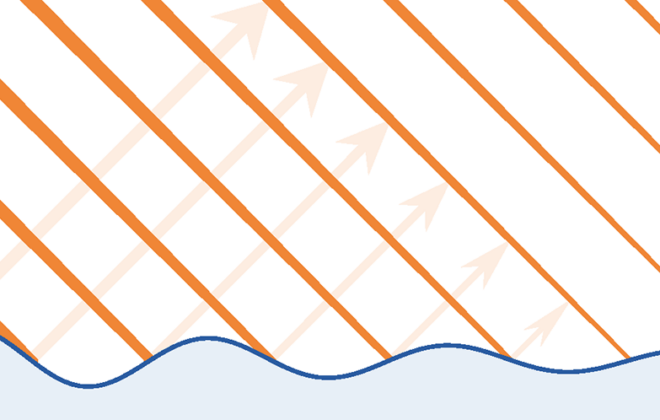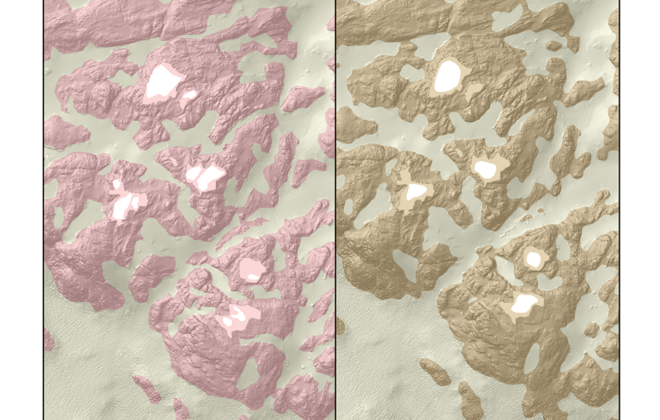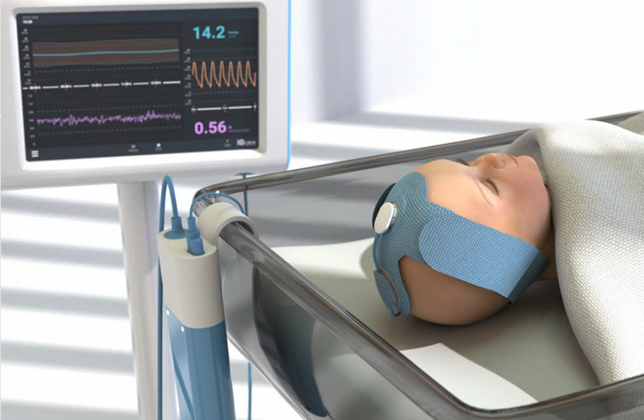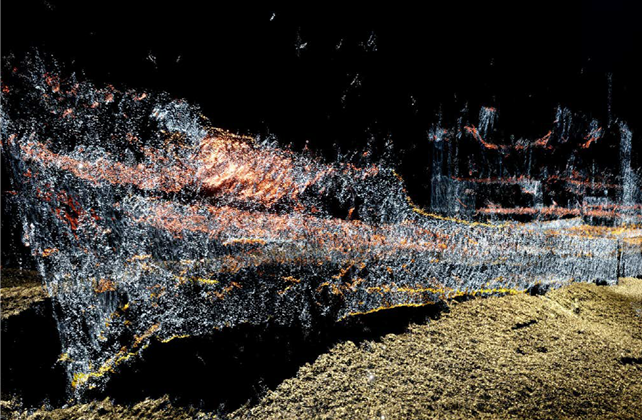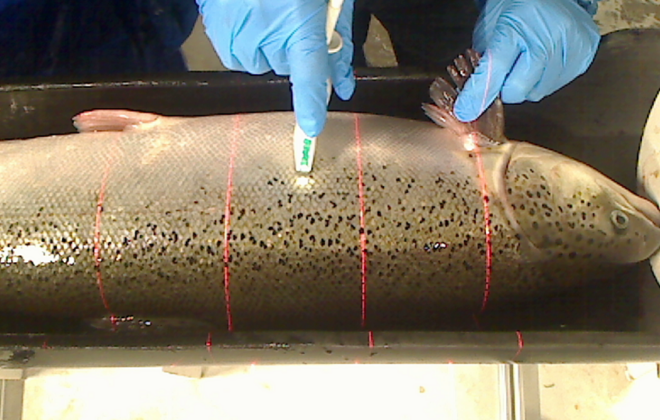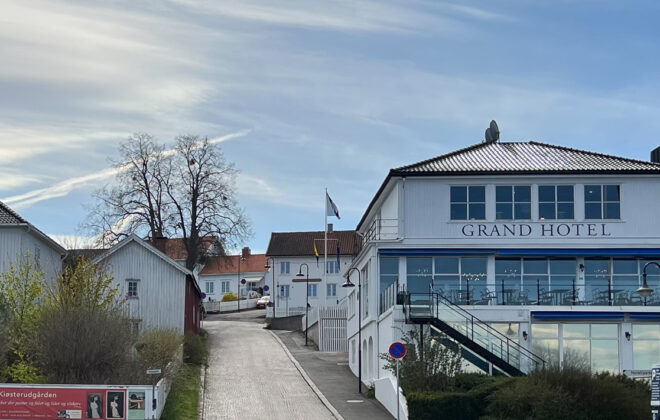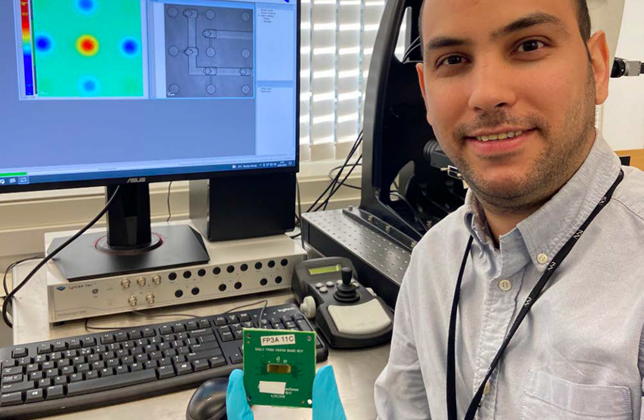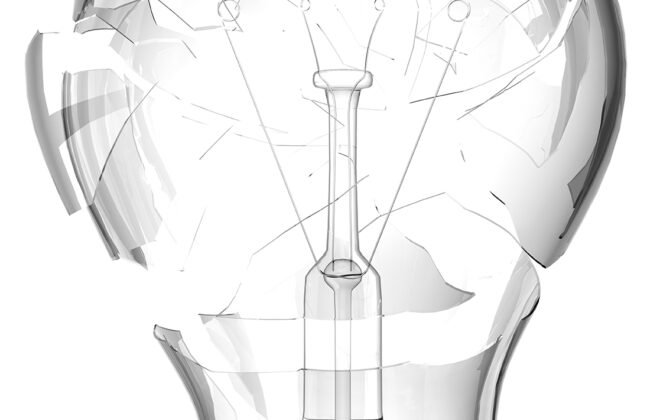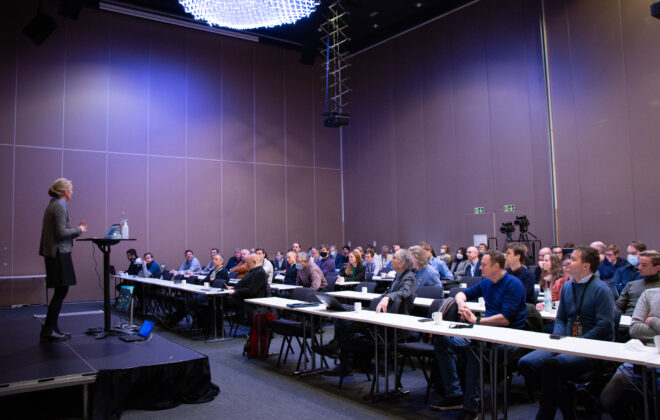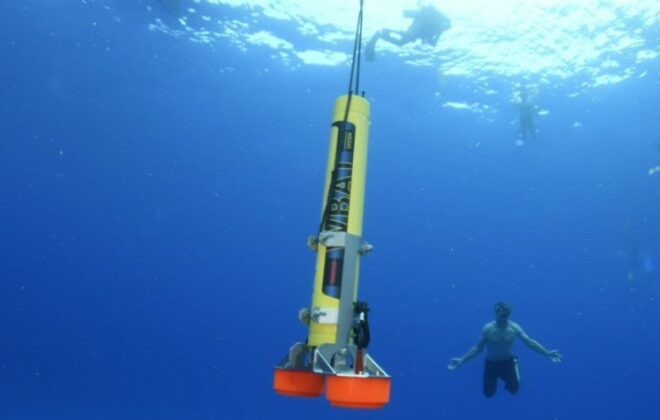Blue skies innovation
Basic research (or blue skies research) may be defined as research to understand the basic mechanisms of nature. Such research is often regarded as curiosity driven and defined by scientists.
Real-time project and real-life experience
When building a house, it is crucial to know whether the ground consists of rock, gravel, sand, or clay. The same goes for underwater installations, but it is not so easy to determine as on dry land.
Aiming at lifelong partnerships in North America
Two CIUS-associated projects have received INTPART funding for collaborations with institutions in North America: NeoDoppler and blood speckle tracking (NTNU) with SickKids Hospital in Toronto, Canada, and two exchange agreements (USN) with Stanford University, CA, and the University of Washington, WA, USA.
Spotting small objects on the seafloor
A rock the size of a thumb will be visible on the seafloor when PhD candidate Ole Jacob Lorentzen has completed his work on designing the algorithms for images from Kongsberg Maritime’s HISAS sonar.
Ultrasound and AI improve salmon breeding and welfare
Ultrasound combined with machine learning provides a new, smart, and more reliable way of estimating the maturation states of salmon with the aim of predicting the optimal timing for egg harvesting.
Spring Conference 2022 – imaging in more ways than one
This year’s spring conference approached imaging from an academic, industrial – and artistic angle. Around 70 participants came to Grand Hotel Åsgårdstrand in Vestfold to share the latest on ultrasound developments in CIUS and ongoing research and development from our partners located in Horten.
Ultrasound on a chip
“When you put something on a chip, you are democratising it because it is going to be cheaper and more accessible,” says Amirfereydoon Mansoori. His PhD work aims to contribute to that.
The biased inventor – when an innovation fails
As a researcher in CIUS my job is to develop new knowledge, concepts, and methods to further science and innovation. In doing so, it is easy to be misled, or biased if you will, by one’s own ideas. This is a true story.
CIUS Fall Conference 2021
The first physical CIUS conference since the autumn of 2021 saw a record number of attendees with 110 people registered and 90 people attending in person. The rest followed proceedings digitally.
The robots listen to what the ocean can tell about climate change. We improve their hearing
Robots and small submarine vessels are bringing us closer to life under water. They carry echo sounders to collect information. When they can carry several echo sounders with more frequencies, new possibilities to understand the oceans are opened up. Read more in the original blog…

